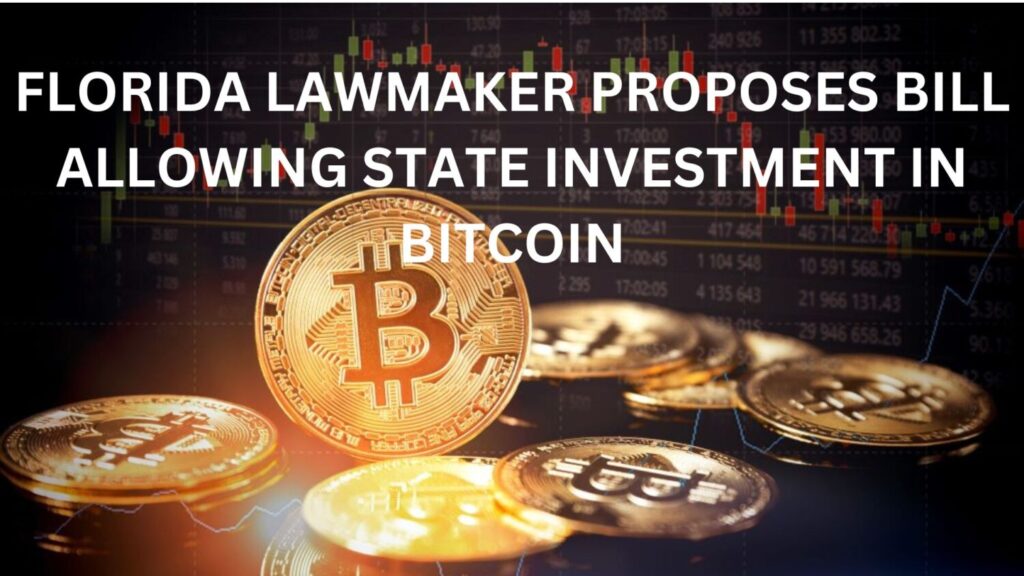Key Takeaways
- The legislation specifies that funds eligible for Bitcoin investment would include the state’s general revenue fund, budget stabilization fund, various trust funds
- The bill imposes a strict limit, prohibiting the CFO from allocating more than 10% of any given account to Bitcoin investments
Florida State Senator Joe Gruters has introduced a bill that would authorize the state’s chief financial officer (CFO) to invest public funds in Bitcoin, positioning the cryptocurrency as a hedge against inflation and a store of value. The proposal, filed on Friday, argues that Bitcoin could help safeguard Florida’s financial resources amid economic uncertainty.
The legislation specifies that funds eligible for Bitcoin investment would include the state’s general revenue fund, budget stabilization fund, various trust funds, and financial reserves from state agencies and the judicial branch. However, the bill imposes a strict limit, prohibiting the CFO from allocating more than 10% of any given account to Bitcoin investments.
Further, the CFO would be required to ensure that any investment aligns with Florida’s broader economic security and financial resilience. The proposed legislation acknowledges that while Florida does not control federal monetary policy or the inflationary pressures that impact the U.S. economy, the state has a responsibility to protect its financial interests.
It cites Bitcoin’s price growth since its inception as an example of its potential long-term value. Gruters, a Sarasota Republican, has also received an endorsement from former President Donald Trump in his bid to become Florida’s next CFO, a position that will be vacated by Jimmy Patronis, who is expected to run for Congress.
Florida’s approach to crypto investments has gained attention in recent years. In October 2024, CFO Jimmy Patronis disclosed that the state had allocated approximately $800 million to investments linked to the crypto sector.
He suggested that this figure could rise further if Trump were to return to the White House. However, the existence of prior crypto-related investments does not guarantee the passage of Gruters’ bill, as lawmakers will still need to evaluate its potential risks and benefits.
The proposal comes amid broader national discussions on integrating Bitcoin into government reserves. In Arizona, the Senate Finance Committee recently advanced the Strategic Bitcoin Reserve Act, which would allow state agencies and public funds to store Bitcoin in a designated reserve. That bill is currently under review by the Senate Rules Committee.
Supporters argue that Bitcoin’s decentralized nature and fixed supply make it a strong hedge against inflation, particularly as traditional currencies face depreciation pressures. Critics, however, are likely to question the prudence of exposing public funds to the price swings and regulatory challenges associated with Bitcoin.








